Aspartame, one of the world's most popular artificial sweeteners, will be declared a probable carcinogen by the WHO next July.
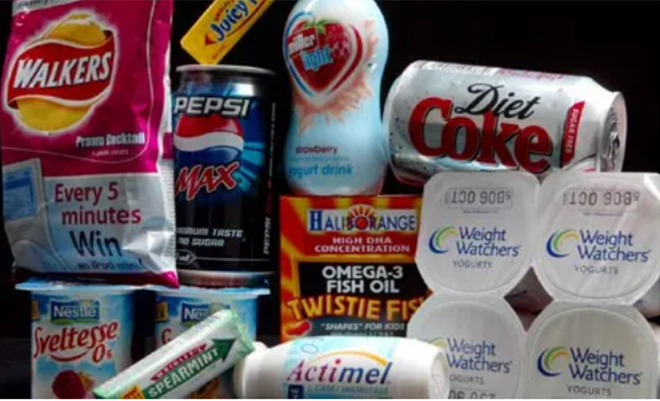 |
Many products now contain the artificial sweetener Aspartame. |
Aspartame, used in products ranging from Coca-Cola diet sodas to Mars' Extra gum and some Snapple drinks, will be listed as "probably carcinogenic to humans" for the first time in July by the International Agency for Research on Cancer (IARC), a cancer research arm of the World Health Organization (WHO), sources said.
IARC's ruling, finalized earlier this June after a meeting of outside experts, is intended to assess whether something is a potential health hazard based on all the available evidence. It does not take into account how much of a product a person can safely consume.
However, similar IARC rulings in the past on different substances have raised concerns among consumers about their use, leading to lawsuits and pressure on manufacturers to reformulate and switch to alternatives. That has led to criticism that IARC's assessments can confuse the public.
JECFA, the Joint FAO/WHO Expert Committee on Food Additives, is also reviewing the use of the artificial sweetener aspartame this year. The JECFA meeting begins in late June and is expected to publish its findings the same day that IARC announces its decision to hold it on July 14.
Since 1981, JECFA has determined that Aspartame is safe for consumption within accepted daily limits. JECFA's view has been widely shared by regulatory agencies in a number of countries, including the United States and Europe.
(According to VTV)

Yen Binh District Medical Center has just received and performed surgery to remove a 1.3 kg uterine fibroid tumor from patient LTL (47 years old) in Khe May village, Tan Huong commune, Yen Binh district.
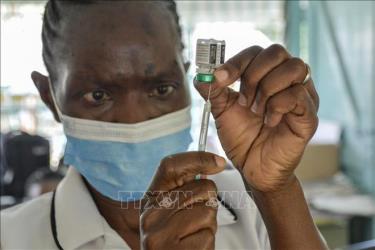
On July 5, Director-General of the World Health Organization (WHO) Tedros Ghebreyesus announced that the RTS,S malaria vaccine developed by British pharmaceutical company GSK is a "safe and effective" vaccine that helps "significantly reduce acute malaria."
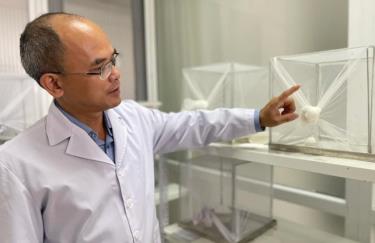
The El Nino phenomenon is negatively affecting the global climate. According to research by scientists , the number of dengue fever cases increases in years when El Nino occurs.
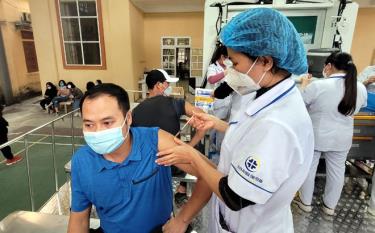
High-risk subjects are vaccinated with enough doses according to the instructions of the Ministry of Health with the implementation principle that COVID-19 vaccines are injected free of charge.
Source link











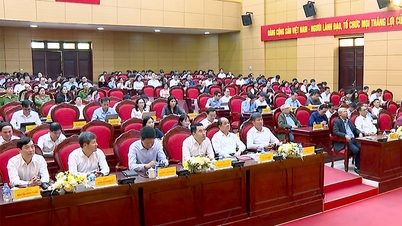





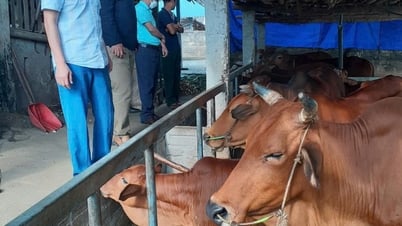


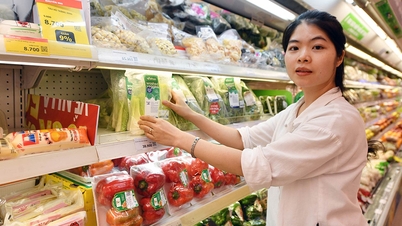









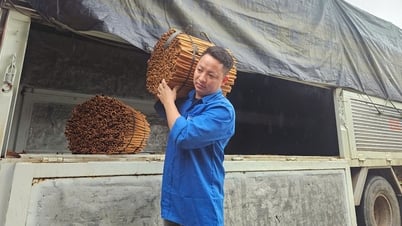




















































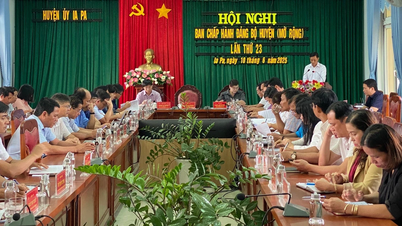















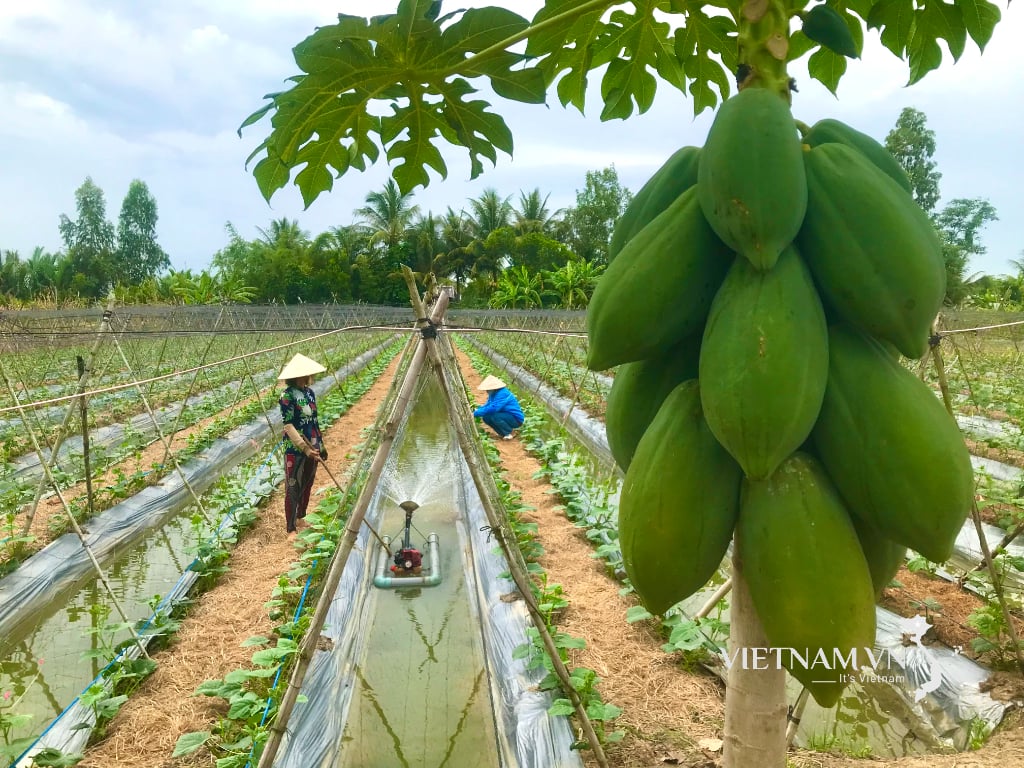

Comment (0)